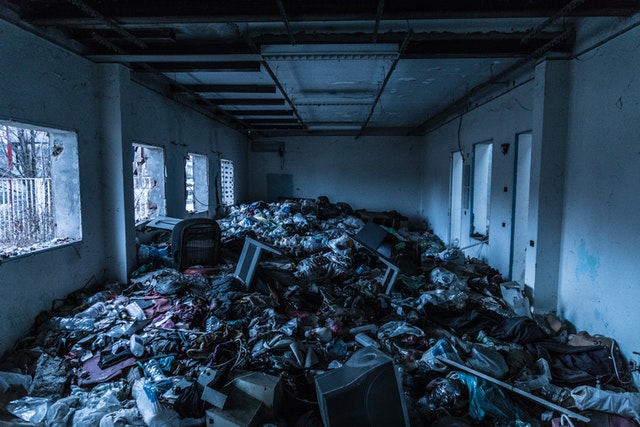

There’s no doubt that construction and demolition are some of the dirtiest jobs in the world. These industries generate a substantial amount of waste, much of which can end up in landfills. Unfortunately, this is far from the best way to deal with debris and unused materials.
Not only does construction waste mean natural resources go without being used to their fullest potential, but, in some cases, they can introduce harmful substances into the earth and water. Excessive buildup of these materials also poses a risk to workers on-site.
Contractors who want to lessen their environmental impact and improve safety should take care when dealing with what they leave on the job site. With that in mind, here are some basic guidelines building and demo companies can use to be more responsible.
Contents
Choose to Deconstruct Rather Than Demolish
Traditional forms of demolition are concerned only with getting the existing structure down as quickly and effectively as possible. This means there can be a significant number of materials that are wasted. Instead, many experts suggest taking a more methodical approach referred to as deconstruction.
This allows for many elements such as plumbing fixtures and tiles to be salvaged for reuse in other projects. For example, they may be sold or even donated for tax benefits. This approach also helps mitigate the amount of dust that may be released into the air, which can cause respiratory concerns for workers.
Establish a Recycling Program
Many items left after construction or demolition work don’t have to end up in landfills. A great deal of job site waste can be recycled. Examples include bricks, metal, glass and untreated wood. Waste management vendors can provide contractors with a recycling bin the same way they would roll-off dumpster rental.
This makes it easier and more convenient to dispose of items such as unused lumber or carpeting scraps without worrying about what happens to them later. It also serves to reduce the debris lying around the site, keeping the area clear and safer for employees.
Plan and Focus on Efficiency
An ounce of prevention is worth a pound of cure, which means effective planning is one of the most powerful ways to mitigate waste on the construction site. For instance, exercising care when ordering materials means there will be less wasted after the work is completed. It’s also a good idea to be prepared by identifying which materials being used can be reused or recycled and which can only be disposed of in the traditional way. Regular inventory checks are a good way to prevent ordering more materials than are needed, because many times contractors place orders unaware of what they already have in stock. Just as careful planning better ensures workers remain safe on the job, it’s also a necessary strategy for preventing waste.
Choose an Experienced Waste Management Partner
Keeping an eye on all the activity at a construction site is challenging enough as it is. This is why builders and contractors should seek and work with a qualified waste management vendor. The right partner can provide refuse and recycling containers to make disposing of materials much easier. With this aspect of the work taken care of, construction and demolition companies can concentrate on their projects and remain on schedule.
Building and demolishing structures both result in a lot of unwanted refuse, but not all of it needs to add to our environmental worries. Following these guidelines can make a significant difference in the amount of waste generated on the job site. A cleaner job site is a safer job site.



